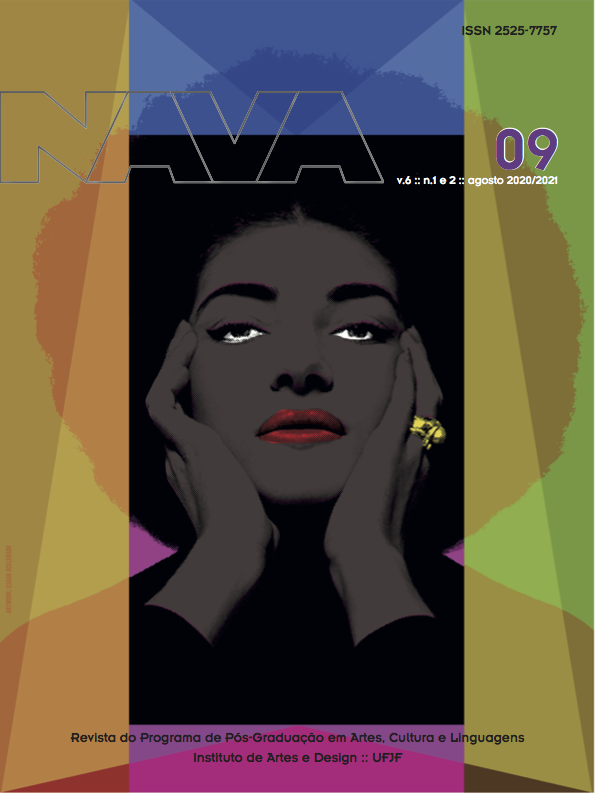Madalena Schwartz:
a migratory route in Brazilian photography
DOI:
https://doi.org/10.34019/2525-7757.2021.v6.32685Keywords:
Madalena Schwartz, Photography, Migrations, Eastern EuropeAbstract
The complex nature of migrations implies that the phenomenon is encompassed by the most varied possibilities of creation and reflection, among which the artistic perspective, and especially photography, assumes a propositional framework of analysis. In this article, we intend to address the issue by studying some episodes of the migratory journey of Madalena Schwartz (1921-1993), a Hungarian photographer who lived in Brazil since the 1960s, after living in Argentina in the 1930s. These two crossings (Budapest - Buenos Aires - São Paulo) are privileged here in order to investigate the arts, migrations and the gender dimension as markers present in Schwartz's experience, privileging two central approaches. The first approach presents photographic moments of his trajectory - such as his participation in Foto Cine Clube Bandeirante, the creation of commissioned essays for magazines, an exhibition of portraits in museum identifications and an editorial reading of his production in catalogs and photobooks. The second approach extends Schwartz's analysis to the trajectories of other immigrant photographers, such as Hildegard Rosenthal, Alice Brill, Maureen Bisilliat and Claudia Andujar, seeking to identify possible correlations between their transits and their performances in the cultural field in Brazil. Both approaches seek to highlight Madalena Schwartz's expressive potentials and photographic proposals between the 1960s and 1990s, a journey in which the gender dimension is a transversal category, in order to identify the processes of presence and performance of women in migratory flows and in artistic spheres.
Downloads
Downloads
Published
Issue
Section
License
Copyright (c) 2021 André Pitol

This work is licensed under a Creative Commons Attribution 4.0 International License.
A Revista Nava adota a licença Creative Commons CC-BY.
Nossa política de direitos autorais garante aos autores a possibilidade de adaptar e partilhar o conteúdo publicado.
Os autores se mantém como detentores do copyright de seus trabalhos após a publicação.






